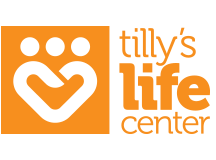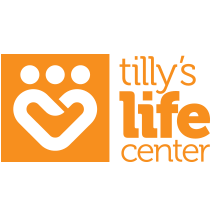
25 Oct The (Seemingly Endless) Mental Health Benefits of Journaling for Teens
Unplugging
One of the undoubted benefits of journaling for teens is that it provides a meaningful period of dedicated time each day without devices. When teens put their phones away, they can get in touch with the moment, feeling their emotions and confronting them in a productive way, without distraction. This focused stream of thoughts can often be extremely helpful in letting creativity flow, away from inputs of others on social media or the stresses of day to day responsibilities pinging them on their calendars.
Encourage your teen to take some time each day to focus on journaling, with their devices on airplane or do not disturb mode, and see where their mind takes them. This can be a time for teens to express themselves verbally, doodle freely, set goals for the future, and explore anywhere their thoughts travel. While separating from the screen can be a positive influence in itself, teens can also take this time to reflect on what is going on in their lives, how they are feeling, and what they might like to improve upon.
Reflecting
Journaling is a form of self-care where teens can feel free to make themselves the center of their own attention in a quiet and thoughtful way. Practicing intentional self-awareness can help teens go back to moments in their lives to reflect and better understand the role they played in difficult situations. Maybe they got in a fight with a parent, hurt someone’s feelings, or performed poorly on an exam? Journaling for teens provides an opportunity to vent those challenging emotions without judgment or harsh criticism. As a result, they can have a better picture of themselves and what they could do better next time.
If your teen struggles with understanding their role in the tricky situations they face in life, consider suggesting journaling as a way that they can talk themselves through what happened and learn from their experiences. While journaling is often intended to be a private activity, you can let them know that they are welcome, but not at all obligated, to share their thoughts and feelings with you if they feel comfortable and would appreciate an additional opinion.
Growing
When we face unfamiliar situations, complex emotions, or other confusing challenges, we hope that the difficulties can provide opportunities for growth and self-improvement. Journaling for teens is a way to deepen their understanding of those strange new emotions and use the acquired knowledge from reflecting to find become more effective at problem solving. For example, journaling can be a way to avoid anger, so teens can work through and understand how they are feeling without an outburst the next time a similar emotional situation arises. Or maybe your teen is feeling anxious and could grow from writing down their nervous thoughts to create an additional sense of control in their lives going forward.
If your teen is interested in journaling, you can remind them how wonderful this practice can be for assisting them in developing their identity and maturing with their emotions. If they have been trying this process for some time, suggest that they go back and read what they have written every once and awhile to see how they have changed. As they notice the positive techniques they have acquired when facing difficult scenarios, it can help provide them with a sense of progress and pride in how they are developing.
At Tilly’s Life Center, we believe that teen mental health resources as simple as an act like journaling, can begin a lifetime of self-care and productive coping mechanisms. Our mission is to offer additional tools in a structured educational form. To learn more about our social and emotional learning curriculum visit us at www.tillyslifecenter.org.


